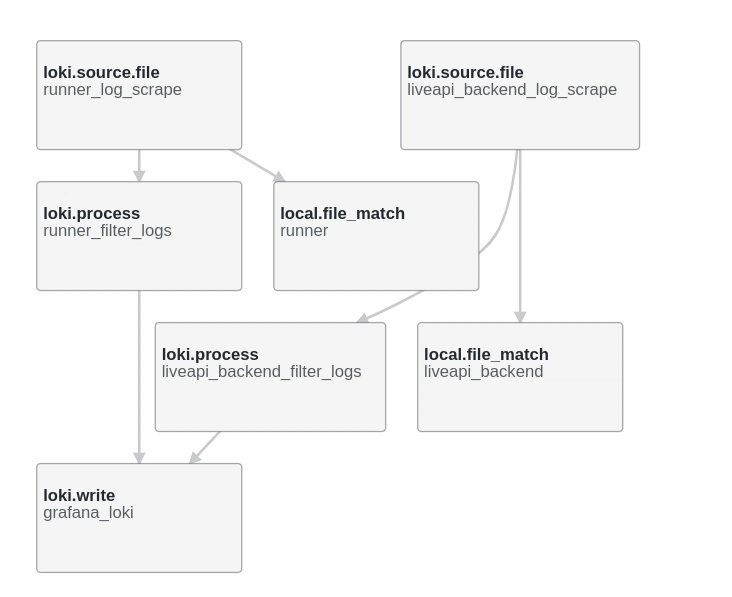Child predators are lurking on dating apps, warns report
A report from Edinburgh University warns that child abusers are using dating apps to find single parents with vulnerable children.

Using a dating app? Beware of your potential partner’s motives. A report from Edinburgh University warns that child abusers are using these apps to find single parents with vulnerable children.
The Searchlight 2025 report, from the University’s Childlight Global Child Safety Institute, analyses the tools and techniques that child abusers use to reach their prey. It found that more than one in five (22%) of male abusers use dating apps daily, compared to 8.1% of other men.
With this in mind, the report suggests increasing safeguards such as ID verification on dating apps, along with developing tools such as automated recognition of grooming language and more reporting of suspicious behavior by the app companies.
A network of child abusers
While child abuse is often purely for the abuser’s own gratification, the Institute also documented how abusers frequently profit from their crimes by producing child sexual abuse material (CSAM).
“They groom single parents via dating apps to access their children. They target displaced children in conflict zones like Ukraine. And they trade images using sophisticated payment methods, including cryptocurrencies, to evade detection,” warned Paul Stanfield, CEO of Childlight, in the report.
Alongside the use of dating apps, the report also points to the growing humanitarian crisis around the world as an opportunity for abusers. As millions of children are displaced, it cites growing searches for content involving displaced women and children, along with increased trafficker activity targeting displaced victims in Ukraine and Turkey, which hosts Syrian refugees.
The path to illicit profit
One way that abusers profit is by sharing images and video of the abuse. Networks for the exchange and sale of these materials are rife, and abusers have taken to producing specific CSAM content on demand to fit a buyer’s requirements. Files of this type can fetch up to $1,200, the report found. Abusers will also often livestream their abuse sessions for money.
Some organizations that create CSAM are often relatively small, with individuals in single figures, according to the report. They operate on a traditional corporate model, dividing responsibilities between specific people. Individuals will specialize in recruitment, control of the children, finding locations for the abuse, marketing the material, and financial management.
Children producing CSAM
Children themselves are now becoming more involved in the provision of CSAM. In some cases, they will gather images and video of their peers for sale, the report said. In others, children are recruited to provide images of themselves – sometimes willingly for money, and sometimes via sextortion.
Late last month the UK’s National Crime Agency warned about a surge in online networks of mostly teenaged boys that are procuring and sharing CSAM. Reports of these networks, often known collectively as the Com, increased sixfold between 2022 and 2024, the NCA said. They often groom their peers online and then extort them after persuading them to send compromising images of themselves.
While the Com’s members will sell such material, the abuses are also often for their own gratification. Members have been arrested for encouraging victims to commit suicide.
Teenaged boys themselves can also be victims of sextortion, alongside girls. The NCA launched an awareness campaign last month for boys between 15 and 17, whom it says are frequently targeted. It warned that sextortion is often perpetrated by gangs in West Africa or South East Asia, and are purely money-motivated.
The NCA’s CEOP Safety Centre received 380 reports of sextortion in 2024, while the the US National Centre for Missing & Exploited Children (NCMEC) has documented 28,000 global cases per year.
What can you do?
Parents can take action to help protect their children.
Vet potential dates. While the majority of online dating app users are legitimate, it pays to be extra vigilant when forming a relationship – especially when introducing new romantic partners to your family.
Talk to your children. You might think your children understand sextortion, but they might not. The NCA found that 74% of boys did not fully understand what sextortion was, and didn’t see requests for nude images as a warning sign. Educating both girls and boys on the risks is crucial. That in turn takes a relationship built on trust. Explain that if they are in trouble they can tell you anything and they are not to blame.
Get help. The NCA operates a site offering more resources and education for parents, children, and professionals.
We don’t just report on threats—we remove them
Cybersecurity risks should never spread beyond a headline. Keep threats off your devices by downloading Malwarebytes today.










































































































































































![[The AI Show Episode 143]: ChatGPT Revenue Surge, New AGI Timelines, Amazon’s AI Agent, Claude for Education, Model Context Protocol & LLMs Pass the Turing Test](https://www.marketingaiinstitute.com/hubfs/ep%20143%20cover.png)




























































































































![From Accountant to Data Engineer with Alyson La [Podcast #168]](https://cdn.hashnode.com/res/hashnode/image/upload/v1744420903260/fae4b593-d653-41eb-b70b-031591aa2f35.png?#)





































































































.png?#)



















































































































































![Apple Posts Full First Episode of 'Your Friends & Neighbors' on YouTube [Video]](https://www.iclarified.com/images/news/96990/96990/96990-640.jpg)

![Apple May Implement Global iPhone Price Increases to Mitigate Tariff Impacts [Report]](https://www.iclarified.com/images/news/96987/96987/96987-640.jpg)




























































































































